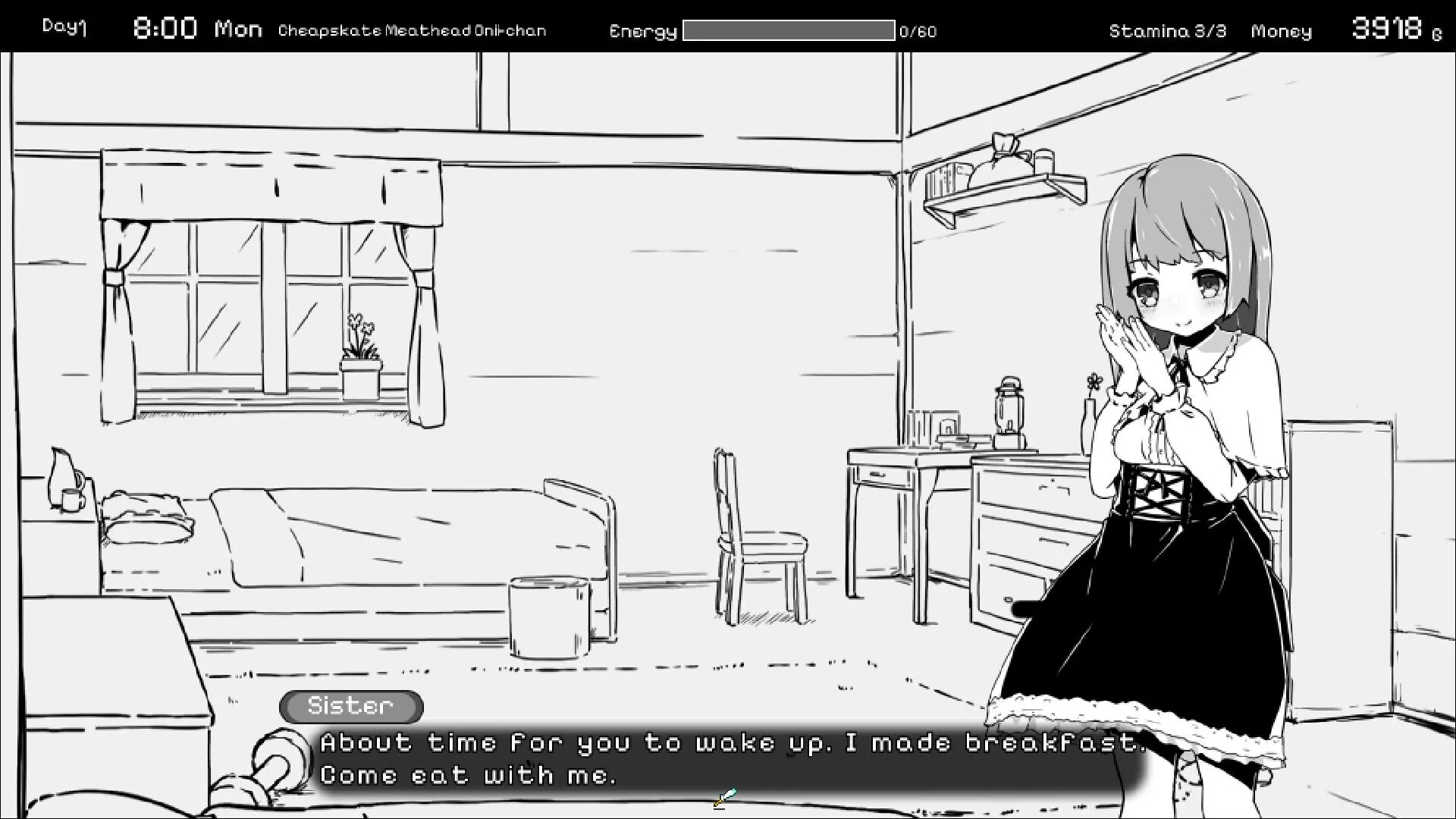
A Foreign World
Play A Foreign World
A Foreign World review
Exploring the Features, Gameplay, and Unique Aspects of A Foreign World
A Foreign World is a captivating game that has attracted attention for its immersive storytelling and engaging gameplay. In this article, we dive deep into what makes A Foreign World unique, exploring its core features, narrative, and player experience. Whether you’re new to the game or looking to understand its appeal better, this guide offers a comprehensive overview that highlights the elements that set it apart.
Exploring Gameplay and Storyline in A Foreign World
Ever booted up a game expecting a simple adventure and instead found yourself completely lost in another reality? 😲 That was my exact experience the first time I dove into A Foreign World gameplay. It’s not just about moving a character from point A to point B; it’s about truly inhabiting a space that feels both wondrous and authentically alive. The core of this experience is a beautiful, and sometimes tense, dance between exploration, interaction, and consequence. You aren’t just a passenger on this ride—you’re the pilot, the navigator, and the one who has to live with every single decision you make. This is what makes the A Foreign World gameplay loop so incredibly compelling and hard to put down.
The magic really starts with how you interact with everything. Forget clunky menus or simplistic “press X to interact” prompts. Here, you engage through a fluid combination of context-sensitive actions and a deep dialogue system. Want to learn a secret? You might need to offer a rare item you found while exploring a dusty attic to gain a character’s trust. 🗝️ Need to bypass a security system? Perhaps the solution isn’t a keycard but a piece of lore you learned hours earlier from an offhand comment by a side character. This level of integration makes every discovery feel meaningful and directly tied to your game progression in A Foreign World.
What is the core gameplay experience?
At its heart, the A Foreign World gameplay is an immersive sim disguised as a narrative adventure. You are given a set of tools—your wits, your ability to observe, and your power of persuasion—rather than a set of weapons. The game brilliantly balances three core pillars:
- Exploration: The world is packed with environmental storytelling. A faded photograph on a desk, the specific books on a shelf, the subtle change in a character’s posture—everything is a clue. I remember spending a good twenty minutes just in one character’s home, piecing together their backstory through the objects they owned before I even spoke to them. It made the subsequent conversation infinitely more impactful.
- Interaction: This is where the game mechanics in A Foreign World truly shine. Conversations are not linear. You choose your tone, your topics, and even your body language, all of which shape how characters perceive and react to you. It’s less about choosing a pre-written dialogue branch and more about actually building a relationship, for better or worse.
- Progression: Your game progression in A Foreign World isn’t measured by a experience bar or a skill tree. It’s measured by your understanding of the world and your influence within it. Unlocking a new area often comes from earning someone’s loyalty or solving a multi-layered puzzle that connects different parts of the story, not just finding a key.
How does the storyline unfold?
The A Foreign World storyline is a fragile, beautiful thing that changes shape based on your actions. It doesn’t just branch; it spirals, with your player choices in A Foreign World creating ripple effects that can be felt hours later. You play as an outsider who has stumbled into a secluded society grappling with a mysterious phenomenon, and your presence acts as a catalyst for monumental change.
What makes the A Foreign World storyline so special is its commitment to consequence. Early on, I had to mediate a dispute between two farmers. I could side with one, side with the other, or try to find a compromise. Thinking it was a minor side quest, I quickly picked a side. It wasn’t until much later that I learned my choice had led to one of the characters leaving the community entirely, locking me out of a whole quest line and altering the resources available in the central hub. The game doesn’t often shout “THIS IS A BIG MOMENT!”; it trusts you to understand that every choice carries weight. This is the hallmark of a truly great interactive story game.
The narrative unfolds through a mixture of pivotal decision moments and subtle, exploratory discovery. You might learn a critical piece of the main plot not from a cutscene, but from a diary entry hidden in a forgotten place. This approach makes you an active archaeologist of the plot, constantly digging for truth and constructing your own version of events based on the evidence you find and the alliances you forge. The player choices in A Foreign World are therefore not just about what you say, but also about what you do and where you look.
What unique mechanics define the game?
This game stands apart from the crowd thanks to some brilliantly implemented unique features in A Foreign World. While many games feature choice, few weave it so deeply into the very fabric of their mechanics.
One of the most groundbreaking systems is the “Relationship Web.” This isn’t a menu you check; it’s an organic, visual representation of how every character feels about you and each other, which evolves in real-time. Helping one person might inadvertently sour your relationship with their rival, closing some doors while unexpectedly opening others. It makes the social dynamics feel tangibly real and complex.
Another standout unique feature in A Foreign World is the “Environmental Interaction System.” This allows you to use items and information in incredibly creative ways. For example, I once used knowledge of a character’s favorite poet, gleaned from a book in the library, to subtly influence a separate conversation with a guard who was a secret admirer of that same poet. It created a connection I couldn’t have planned, and it worked purely because the game’s systems are designed to talk to each other.
Here’s a quick breakdown of some key game mechanics in A Foreign World that define the experience:
| Mechanic | Description | Impact on Gameplay |
|---|---|---|
| The Conversation Wheel | Goes beyond good/evil responses; offers tones (Logical, Empathetic, Assertive, Deceptive) that characters react to based on their personality. | Forces you to think about *how* you say things, not just what you say. A logical argument might impress a scholar but offend an artist. |
| Item Contextuality | Items have no generic “use” prompt. Their function is determined by who you show them to or where you use them. | Transforms inventory management into a puzzle. A seemingly worthless trinket could be the key to persuading a specific character. |
| Memory & Lore System | The game tracks what you’ve learned. Dialogue options unlock not from XP, but from remembering specific facts you’ve discovered. | Rewards thorough exploration and attentive listening. Knowledge literally is power. |
This intricate design ensures that the A Foreign World gameplay is never repetitive. Your player choices in A Foreign World are the engine, and these unique mechanics in A Foreign World are the chassis, working together to deliver a ride that feels entirely your own. Your journey will be uniquely yours, a personal story shaped by your curiosity and your conscience. ✨
A Foreign World offers a compelling blend of immersive storytelling and engaging gameplay mechanics that create a memorable player experience. Its unique features and narrative depth make it stand out, inviting players to explore and interact in a richly crafted environment. Whether you’re seeking an interactive story or a game with meaningful choices, A Foreign World delivers on both fronts. Dive in and discover the world waiting to be explored.




























